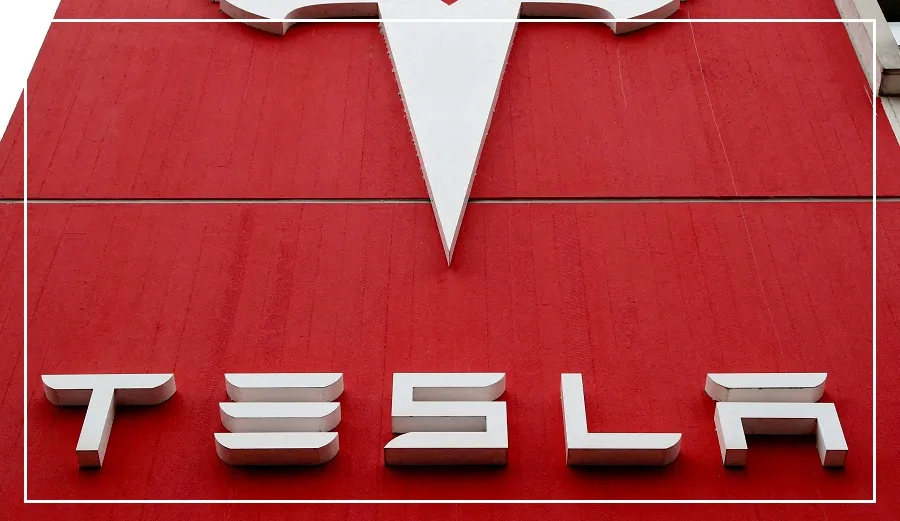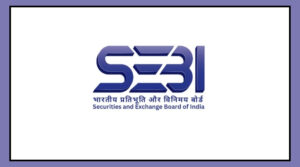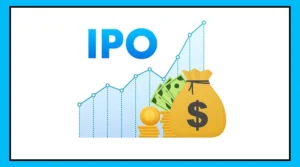The Government of India recently introduced a new EV Policy, sparking speculations about Tesla’s entry into the Indian market.
Tesla CEO Elon Musk announced his visit to India, fueling anticipation for the company’s presence.
His team began scouting for suitable locations to establish a manufacturing plant in the country.
However, Elon Musk abruptly canceled his visit to India and instead traveled to China, causing uncertainties regarding Tesla’s plans in India.
Policy Consistency and Tesla’s Position
Former CEO of NITI Aayog and G20 Sherpa, Amitabh Kant, emphasized that India’s policies remain consistent across companies and do not bend to individual demands.
Addressing inquiries about Tesla, Kant stressed that there isn’t a unique policy for each company; rather, India has established an overarching EV policy that all companies must adhere to.
Key Highlights of India’s EV Policy
India’s new EV policy offers various incentives to companies willing to establish manufacturing plants within the country.
Notably, companies investing Rs 4150 crore are eligible for tax exemptions.
Additionally, they must source 25 percent of their parts from Indian companies within three years and 50 percent within five years.
Import duty on cars exceeding $35,000 is set at 15 percent, with exemptions based on investment levels.
Future Trajectory and Sustainable Transportation
Amitabh Kant highlighted the transformative changes expected in the automotive industry over the next five years.
As global trends increasingly favor sustainable transportation,
the Indian government incentivizes electric vehicles by subsidizing purchases of electric two-wheelers, three-wheelers, and buses.
These initiatives are poised to significantly impact the transportation landscape in the coming years.
The global shift towards sustainable transportation aligns with India’s subsidies for electric two-wheelers, three-wheelers,
and buses, indicating widespread changes ahead.






















